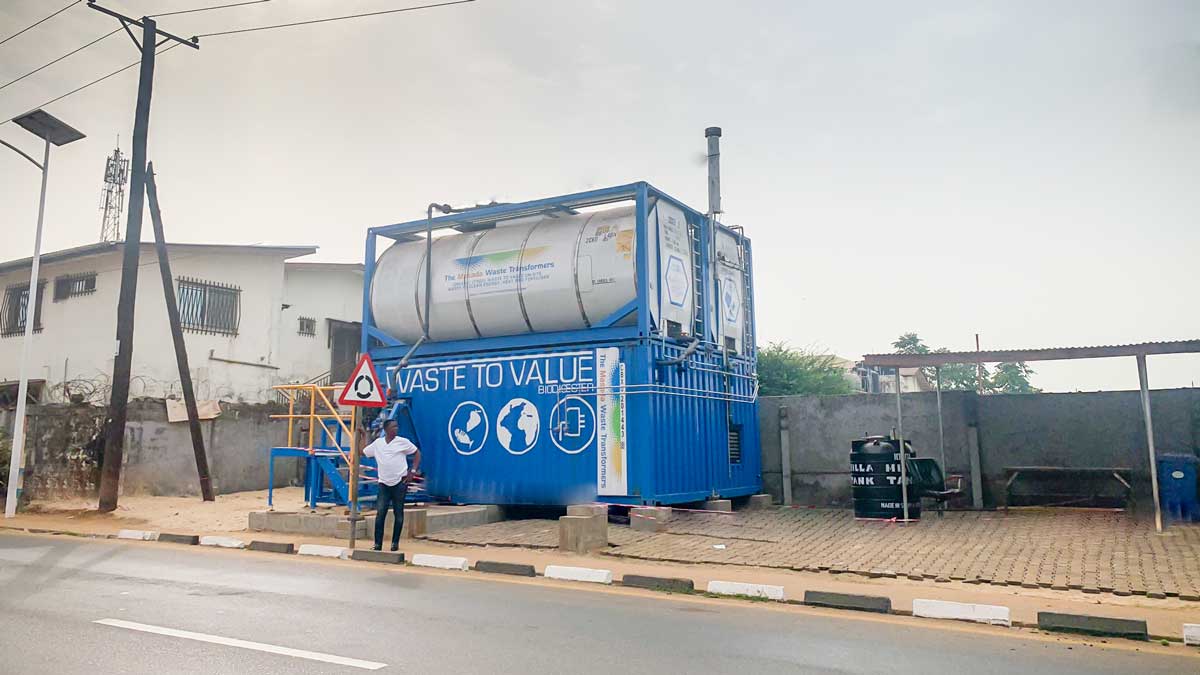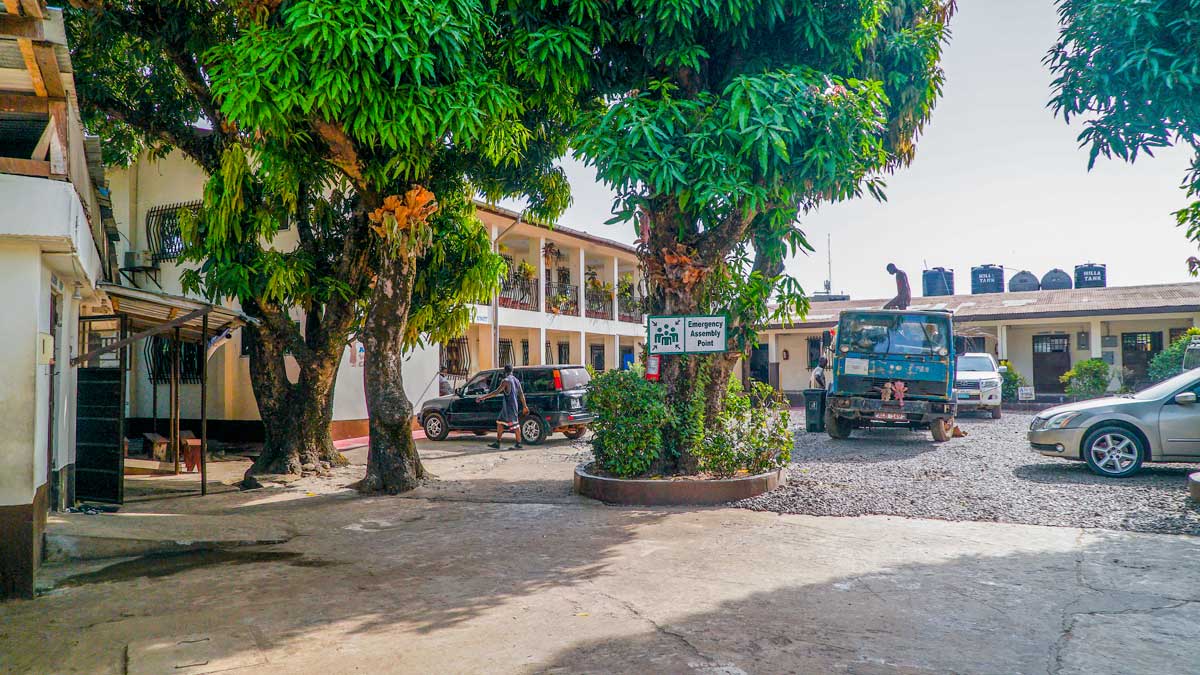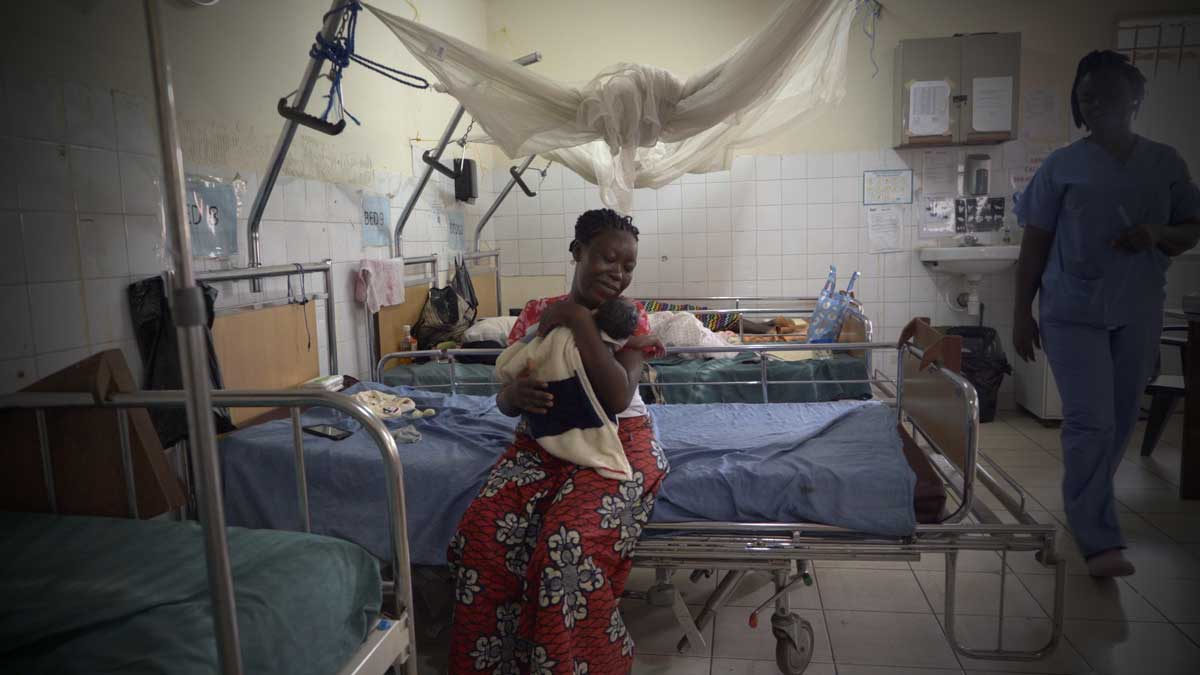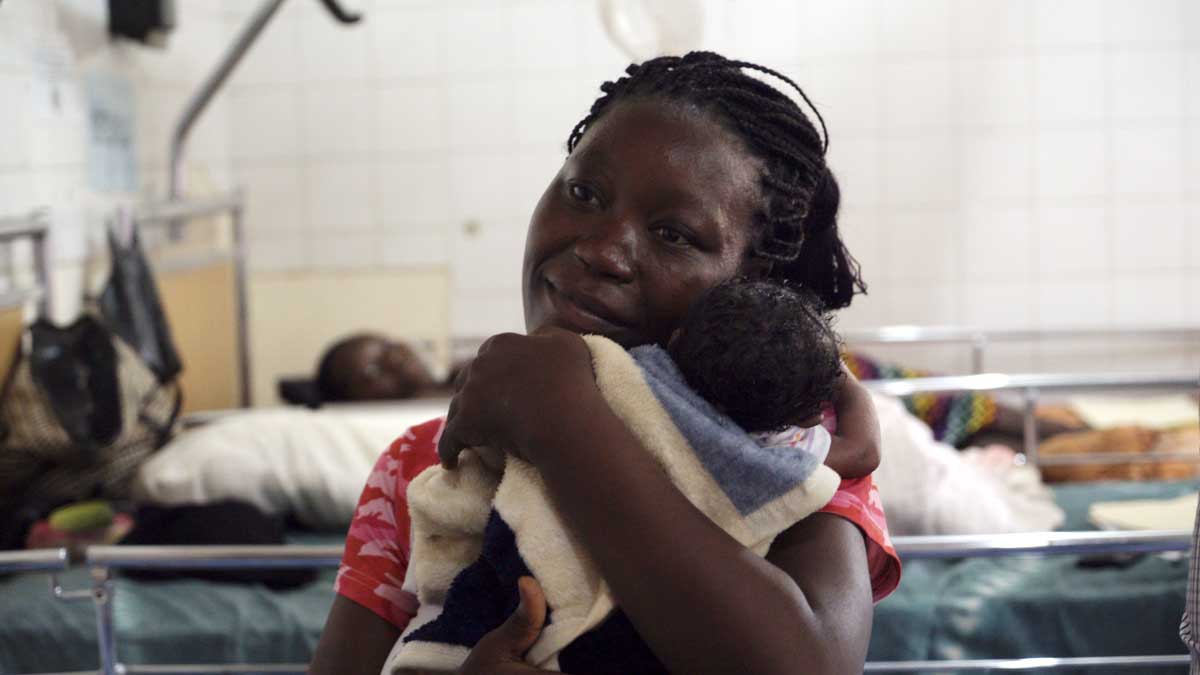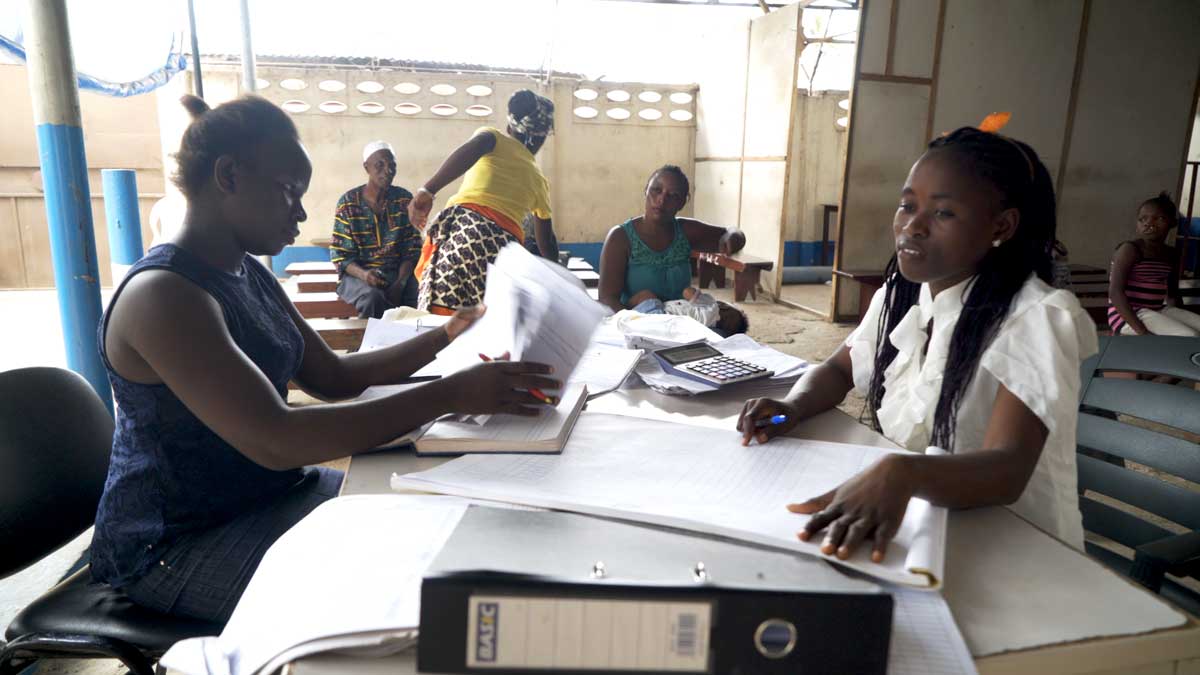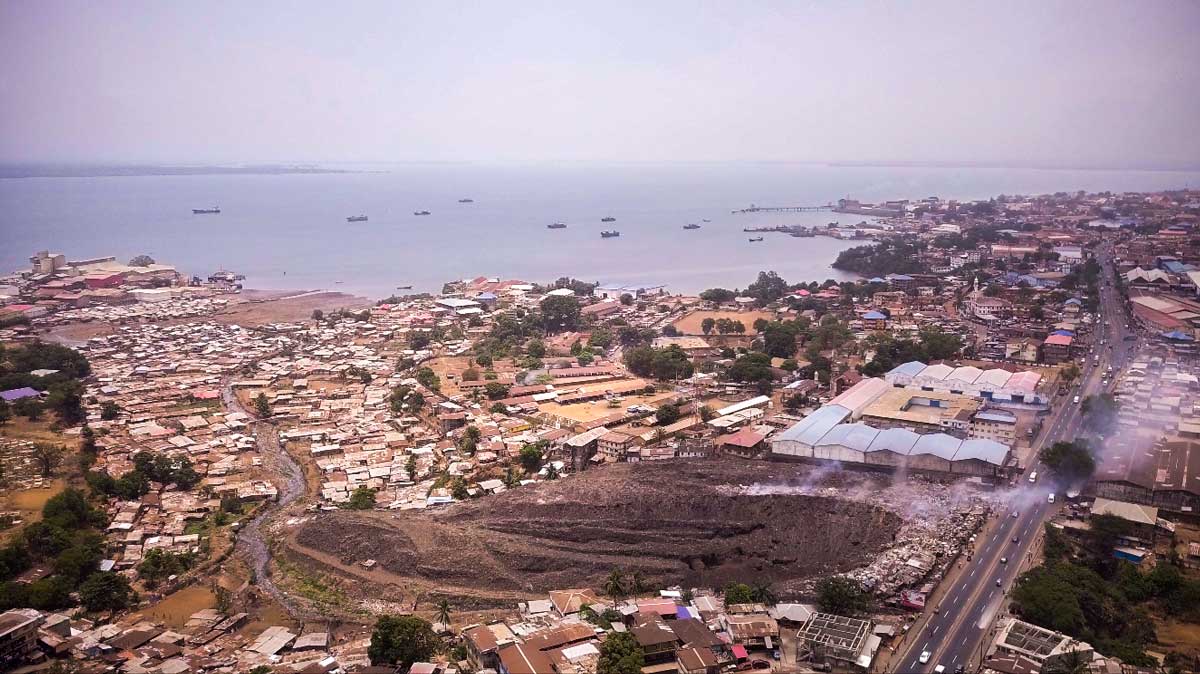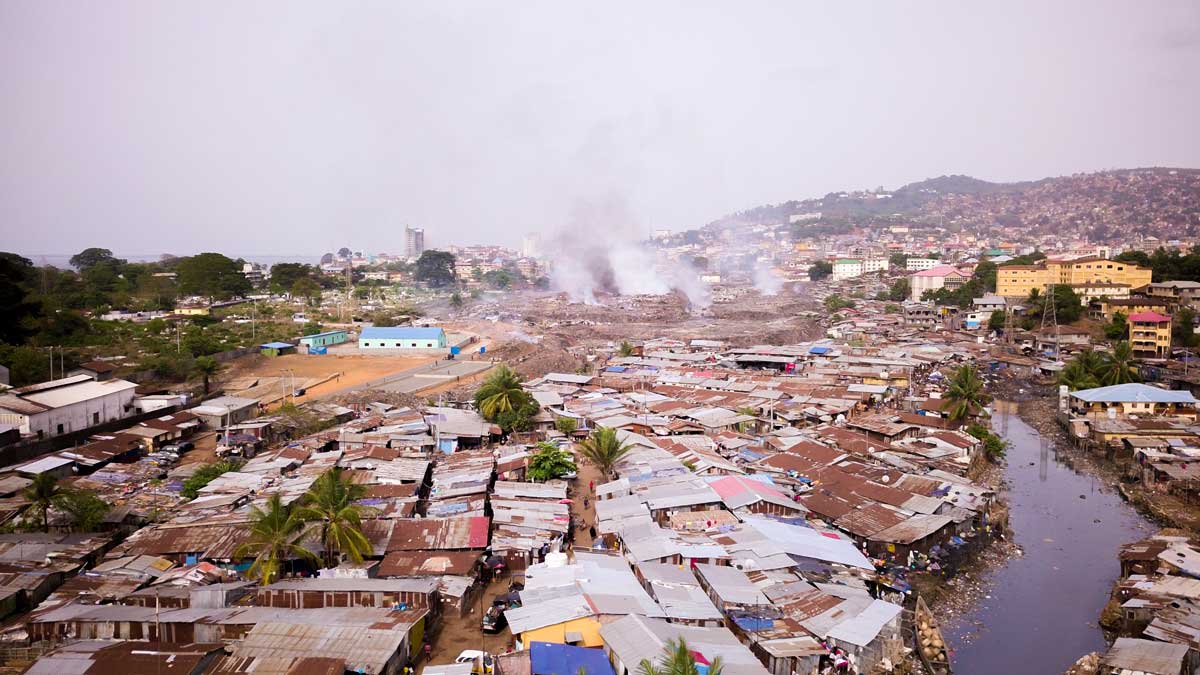The Freetown Installations
Powering a local hospital on food waste in Freetown, Sierra Leone. How? In Sierra Leone, The Waste Transformers have partnered with a local waste management company in order to tackle the energy, sanitation and water issues of Freetown, working on to build a network of 40 Waste Transformers in the city.
Sierra Leone is a country in West Africa with a tremendous potential in terms of natural resources and human capital. The capital Freetown is home to over one million inhabitants. It is a country of contradictions, with a young turbulent history. 11 years of armed conflict and the ebola crisis had dramatic consequences on the economy and human development. Since the end of the civil war, Sierra Leone made considerable progress with democracy, and consolidating peace. Now, the time has come to turn their organic waste into value.

Our local partnership combines best of both worlds; On the one hand we have an expert in waste collection. Combined with our on-site technology, food waste is now turned into electricity and heat, and natural fertilizer for local farmers. Otherwise, organic waste would be left to rot in one of their landfills, emitting methane gas. The Waste Transformer is placed next to a women's hospital to power part of the hospital's energy needs. This is real waste to value.
FreetownThe waste produced in this city consist of mainly organic waste, 84% in total.
The Aberdeen Women's Center in Freetown gives free medical, and psychological care to the poorest and most neediest women of Sierra Leone. In the clinic 300 births take place per month, they treat up to 400 fistula patients per year, and the outpatient children’s clinic treats more than 2000 children per month.
A blueprint for Africa's megacities
We have developed a ‘hub and spokes’ model for Freetown to convert organic waste into clean energy, at once addressing the city’s waste problem and its severe shortage of power. A network of 40 small-scale (50-100kW), containerized Waste to value digesters, named Waste Transformers, will be run by local entrepreneurs in Freetown. In these small-scale anaerobic digesters, food waste is inserted and turned into biogas or electricity and a natural fertilizer for local farmers. It will reduce the current cost of collecting waste, and providing a sustainable solution to food waste issues, generating biogas or electricity, a natural fertilizer for local farmers to restore soil health and increase crop yield, and creating jobs and stimulating entrepreneurship.
Food waste turned into natural fertilizer
Biogas digestate, also known as the 'brown gold', can support local farmers with their current poor nutrient supply and poort soil structures. By using it as a natural fertilizer, nutrient cycles are closed, and fossil based artificial fertilizers are conserved. With the appropriate application rate, the nutrients contained in the feedstock, such as nitrogen, potassium, phosphorus, sulphur and other micronutrients will cover the nutrient demand for plant growth. Non-degraded stable carbon compounds (lacking in artificial fertilizer) additionally lead to humus and structure formation in the soil and thus increase its fertility, functionality, microbial activity, aeration, and water storage capacity.

